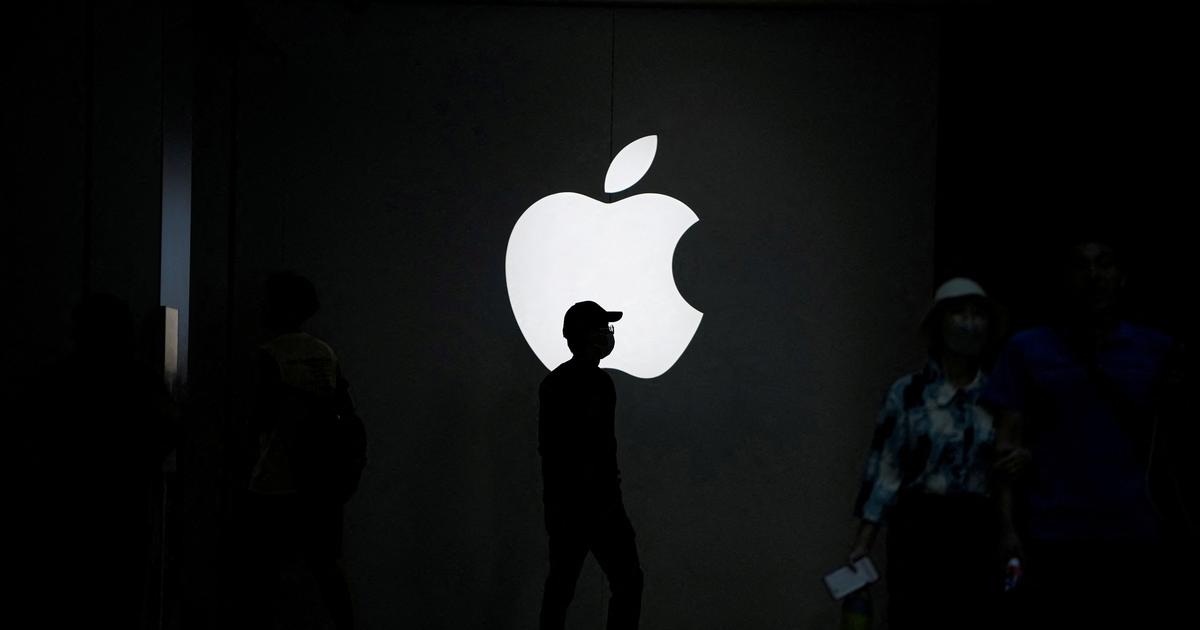On Tuesday US media reported on the intention of the US president to pass a decree (executive order) with the aim of treating American Jews as a nationality in the future. The very next day, Donald Trump signed the ordinance, which places Judaism implicitly in the "race and national origin" category.
The decree is mainly to make the activities of the BDS movement, which calls for boycott, disinvestment and sanctions against Israel, impossible at American university campuses. Although the BDS movement, according to the statute, is directed only against the Israeli occupation and not against Jews, anti-Semitic statements and actions committed by BDS members have often occurred in the past. Several Jewish students feel threatened by the BDS campaign at their campuses and Jewish organizations have long been calling for a law against BDS activities at universities.
Trump's offer is the implicit recognition of Jews as nationalities: if Jews are no longer just a religious community, universities that tolerate the BDS campaign at their campuses may no longer receive public money under the 1964 Civil Rights Act. The law tolerates the discrimination of religious minorities in publicly funded educational institutions, but not the discrimination of nationalities. Once the decree goes into effect, those universities that tolerate discrimination against Jews can be punished - and the BDS campaign is clearly classed by the Trump government as discriminatory against Jews.
Applause from right - in Israel and the USA
The Netanyahu government in Israel, which maintains close relations with the Trump administration and has been beating the BDS campaign for years, welcomed the initiative. Foreign Minister Israel Katz saw her as an "important step in the ongoing struggle against the BDS movement at universities."
But it is not just the Israeli rights that declare this a victory - they are also celebrating US rights. The evangelical pastor and Trump supporter John Hagee - who believes that the Holocaust was part of God's plan to expedite Jewish emigration to Israel - celebrates the decree as his own victory. Many evangelicals believe the Messiah will appear when all Jews go to Israel. For this reason, they act unconditionally pro-Israeli and financially support the emigration of Jews to Israel. The largest pro-Israeli organization in the US, Hagee-led Christian United for Israel, with its seven million members, is also part of this Christian fundamentalist movement.
David Duke may also celebrate: The former leader of the Ku Klux Klan has demanded for decades that Jews are no longer recognized as a religious community, but as an independent "race" and nationality and thereby virtually excluded from the American national collective. Supporters of white superiority theory believe that Jews are not "true" Americans and thus must be considered as a separate nation. For this reason, many right-wing extremists support the state of Israel and a Jewish emigration to Israel.
More at SPIEGEL +
Supporters of the decree, such as Trump's son-in-law and adviser Jared Kushner, emphasize that this is not about the exclusion of the Jews, but the fight against the BDS movement in the universities.
Anti-Semitic Narrative of the State in the State
Nevertheless, many observers believe that Trump's proposal should theoretically combat anti-Semitism, but misses that goal. The human rights network "T'ruah", consisting of more than 2,000 rabbis and cantors, strongly condemned Trump's announcement: "This proposed decree threatens the rights guaranteed in the First Amendment, which include the right to criticize the actions of each It also solidifies centuries-old antisemitic prejudice that Jews are not loyal to the country in which they reside. " The danger is that Trump's initiative will be abused and the right to freedom of expression and criticism of Israeli occupation policy will be prevented.
Trump's rhetoric, which connects Jews directly with the state of Israel and thus classifies them as outsiders in the US, builds on an anti-Semitic narrative. Jews have always been accused of being incapable of integration and willing to form a "state in the state" that they are not true citizens of the countries in which they reside. This prejudice is still present in many minds. According to an Ipsos study "The Inclusiveness of Nationalities" from 2018, only 67 percent of US citizens believe that Jews can be real Americans. (Just remember, in other countries, non-recognition of Jews is also a problem, with only 46 percent of Germans believing that Jews can be German.)
More at SPIEGEL +
The skepticism in the American Jewish community is understandable. Just last Saturday Trump said in a speech in Florida that Jews are "not nice people" who are "particularly active in the real estate business". That's why they would have to vote for Trump next year in the presidential election, because only he could protect them from the tax reforms of the progressive candidates - thus he reproduced the anti-Semitic tale of wealthy, greedy Jews.
This is just one of many examples of anti-Semitic codes in the language of the US president. In addition, the number of anti-Semitic violence and crime since Trump's entry into the White House is rapidly increasing, as the figures of the human rights organization Anti-Defamation League show. Where discursive violence is tolerated, physical violence quickly ensues. The question then arises as to whether Trump can fight against anti-Semitism in the USA.









